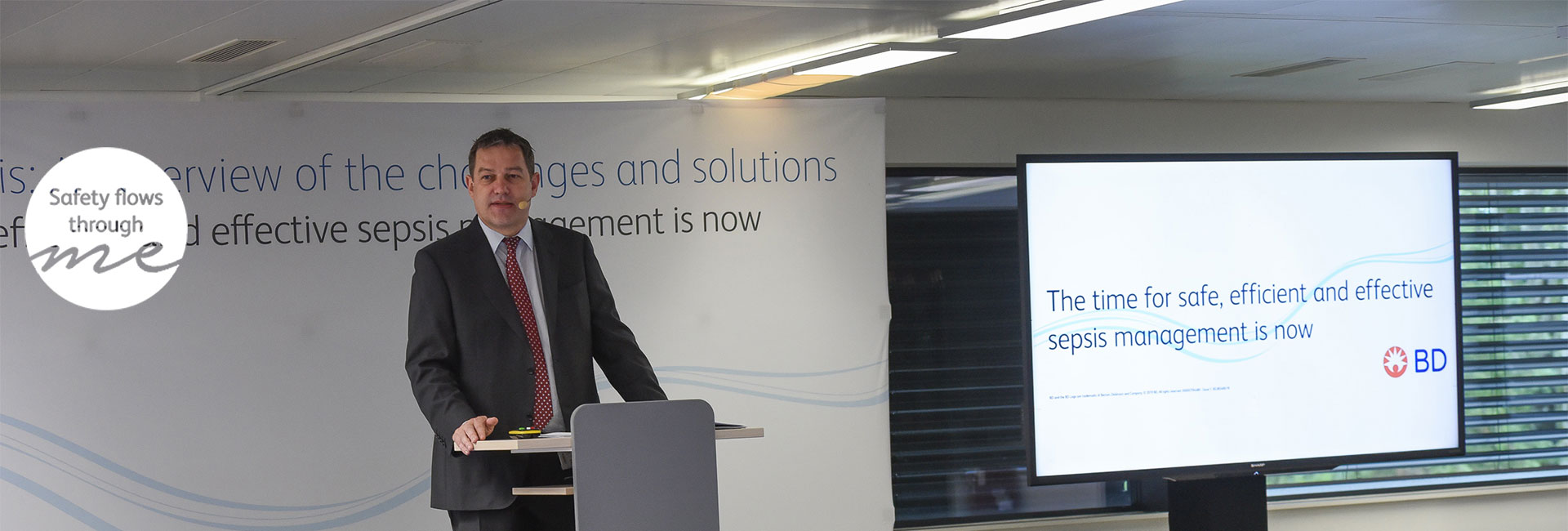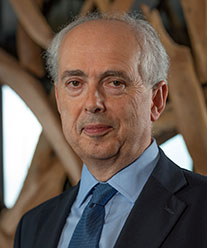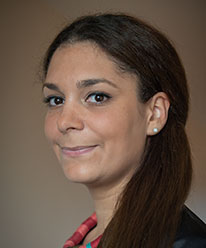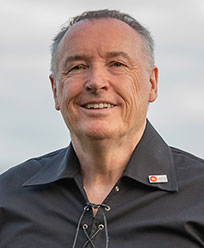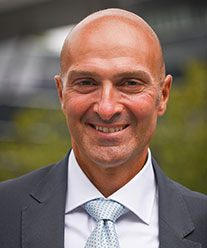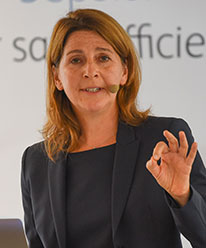The time for safe, efficient and effective sepsis management is now
European healthcare leaders from a variety of disciplines met at BD European Headquarters in Eysins, Switzerland on 6 September 2019 for BD DAYS – Sepsis. The day's agenda was filled with interactive panel discussions, insightful presentations and inspirational case studies to accelerate the implementation of positive actions to better manage sepsis and help save lives.

